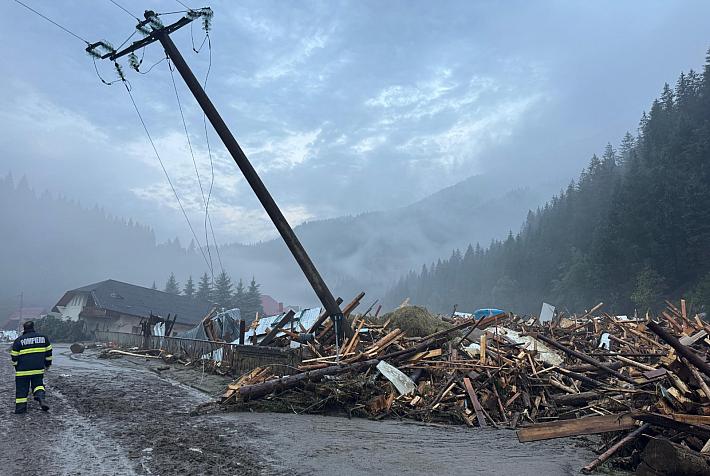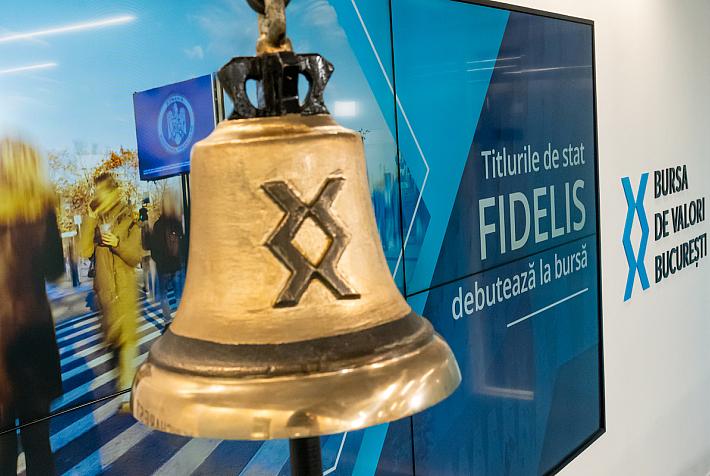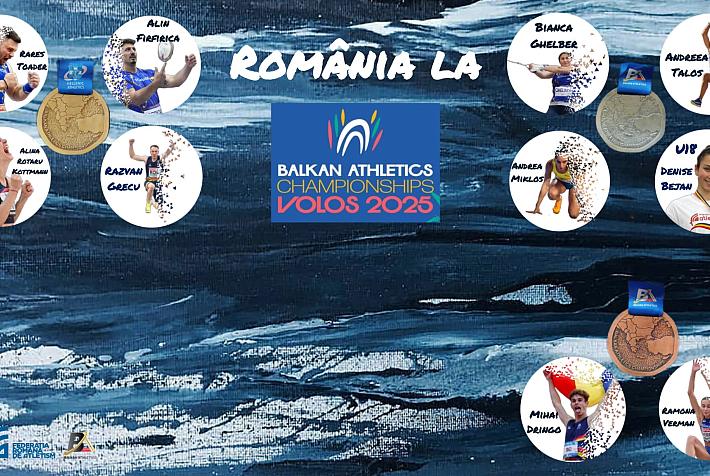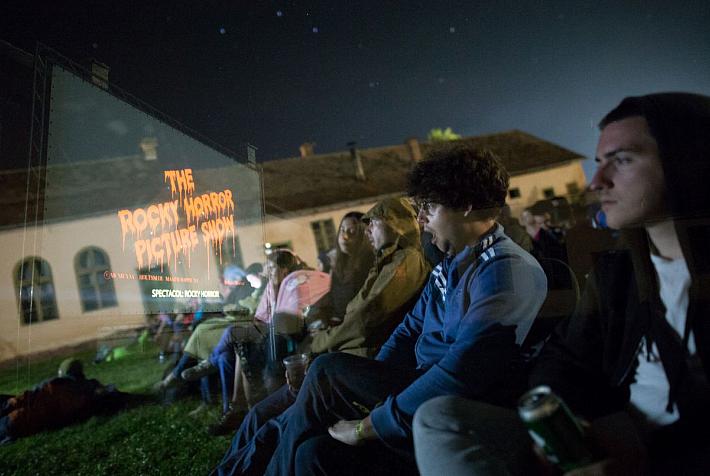The Brit who runs his London business from Bucharest: Romania was my therapy
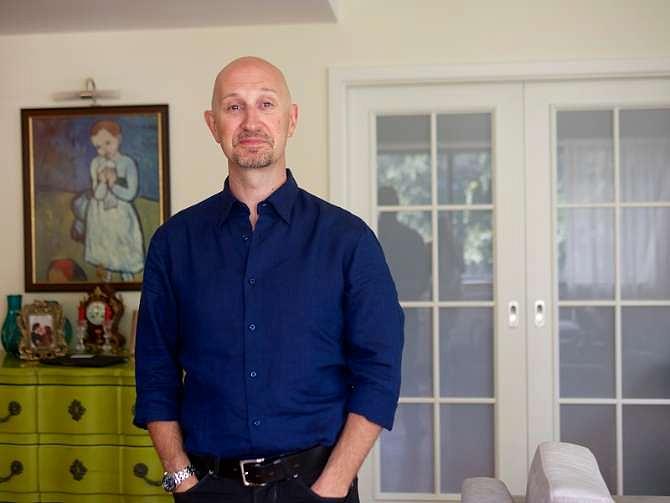
“Clive cel Roman”, - Clive the Romanian, a former trumpet player and the founder of an IT company, who runs his business from Bucharest, has become the keeper of funny, dated Romanian expressions from the ‘90s.
Clive Sheppard starts telling his story in English, but soon switches to Romanian. Duke Ellington, one of the two cats he took from a shelter after he moved to Romania in 2010, watches him making coffee in his Bucharest apartment on a hot August day. The other one, Jaco, fat and affectionate, is moving around the kitchen. He called him after Jaco Pastorius, “the best bass player in the world” who played in the American jazz band Weather Report.
Clive is British and in his early 40s. He has a London-based IT company called Synapse, which he leads from Bucharest. A third of his employees, who secure the help desk, work and live in Romania. Clive is also very keen on Romanian sayings, which range from funny expressions from the 90s, like “marfa, bestial, tata de mata” (all of which roughly translate as cool) to regional sayings.
He first came to Bucharest on a road trip in 1990, made friends and stayed for several months in the Titan area. However, he moved here for good in 2009, after his divorce. He wanted to set up the help desk department in Romania, but also shake the black clouds hanging over him in London. “I loved this place, which was like a back door key. Bit by bit I began to find my feet. Romania was my therapy.”
“I’m Clive cel Roman,” he says. “Even now, when we drive to the north of Romania, my heart melts. I get into Ardeal and I look at all the hills, and I just say. ‘Kill me now, and I would die a happy man.’ I feel at home.”
His spacious apartment in western Bucharest, where he also has his office, is warm and friendly. In one corner, he keeps his two trumpets he bought in the 80s. Next to them, there is a piano. The ground and the first floor of the same building host the publishing house of Clive’s wife, Mona. It was her who’s cleaned his Romanian ever since they met in the Herastrau Park, in 2010, while jogging. Back then, Clive’s Romanian skills were a bit limited. He could count to 100, knew the days of the week and dated expressions he had learned during his first trip to Romania.
Playing the trumpet helped Clive learn Romanian. He was just listening to the melody of the language and was playing along. He recently went with his wife Mona to her hometown, in Bistrita Nasaud, in northern Romania. When they came back, he had picked up the region’s accent, he says while starting to talk with that accent. Coming from the same area, I have to admit that he’s really talking like an Ardelean.
But what really helped him make progress with Romanian was not being afraid to be vulnerable. “When you learn a language, you have to realize that it’s ok for your friends to die laughing because you said something wrong and enjoy the moment.”
***
In a way, Clive has always walked between two worlds. At 18, he had to choose between music, which he had studied since he was a kid, and a “serious career”. He decided to study architecture in university and keep music as a hobby. Later on, at the beginning of the 90s, in the hit-by-recession England, while working for a building contractor, he discovered that he hated his job, and what he really liked was modernizing their computer systems. At 27, he decided to change his career and started working in the IT.
It’s the same now. He’s the person standing between customers and developers, who translates to IT people what clients want and vice-versa. “I am the glue, the translator,” he says laughing.
And of course, Clive stands between Romania and UK, and notices the differences. Bucharest walks at about a quarter of the speed of London, he says. A Romanian friend of his was complaining that life is too stressful here and that she just couldn’t bear it anymore, so Clive invited her to London, “for a break.” “She was like, oh my God, the pace of life is even quicker!”
Clive says that if you got up at London speed and came back to Bucharest and went to a shopping mall here, everyone would seem in slow motion. But for them it’s hustle and bustle.
The organizational culture is also very different in Romania compared the UK, he says. The hierarchies here are well defined, while most organizations in England are flatter and there’s no hierarchy. He encourages his employees in Romania to speak up and tell them that it’s ok to know more than seful, the boss. “How can that be right?” one of his employees asked him. “Everywhere else I worked, if you knew more than seful, you were considered arrogant and they fired you. So it’s ok if I say, Clive, you’re wrong?” “Yes, please!”
In England, if you know something, you say it, Clive adds. “The Romanian guys I’ve met haven’t had this empowerment.” But this has turned the other way around in the UK. In English classrooms, you’ve got 30 people with power and one person who’s supposed to be the leader, but has no power.”
As he is explaining the cultural differences, I take an almond biscuit from a box Clive put on the table. It’s very English to offer guests biscuits and tea or coffee, I am thinking. “The Romanian perception is that we’re all dandies. It’s a nice perception to have, but actually the society is very different,” Clive concludes smiling.
By Diana Mesesan, features writer, diana@romania-insider.com
(photo by Diana Mesesan)






